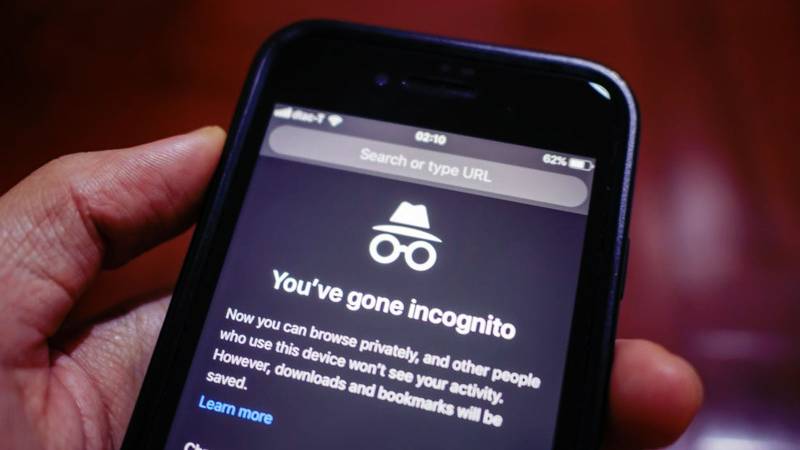
Google has promised to remove billions of documents and limit its ability to monitor users as part of a planned court settlement.
The agreement attempts to address a class action lawsuit filed in the United States in 2020 accusing the internet behemoth of compromising people's privacy by gathering user data even while they were surfing in "private mode."
The lawsuit had sought $5 billion in compensation.
Google supports the deal, although it rejects the charges. It has already implemented measures in response to the case. The data destruction will likewise apply beyond the United States.
In January, shortly after the two parties announced preparations to resolve the dispute, the company revised its disclosures to clarify that it continued to collect user data even when users chose to search anonymously or in its "Incognito" mode.
That setting increases privacy by not saving surfing activity to the system being used.
That same month, the organization said that it was beginning to test a feature that would automatically block third-party cookies, which assist in tracking user activity, for all Google Chrome clients.
It made the block automatic for Incognito users right away after the complaint was filed in 2020 and has agreed to keep it in place for five years, according to the details of the settlement agreement, which was filed on Monday in federal court in San Francisco.
Google also agreed on Monday to destroy "hundreds of billions" of private browsing data records, according to a court filing.
"We are delighted to settle this case, which we always felt was meritless," Google spokesperson Jorge Castaneda said in a statement, adding that the firm will not pay any damages.
"We are glad to remove old technical data that was never related to an individual and was never utilized for any form of personalization."
This article was originally published on the BBC.
